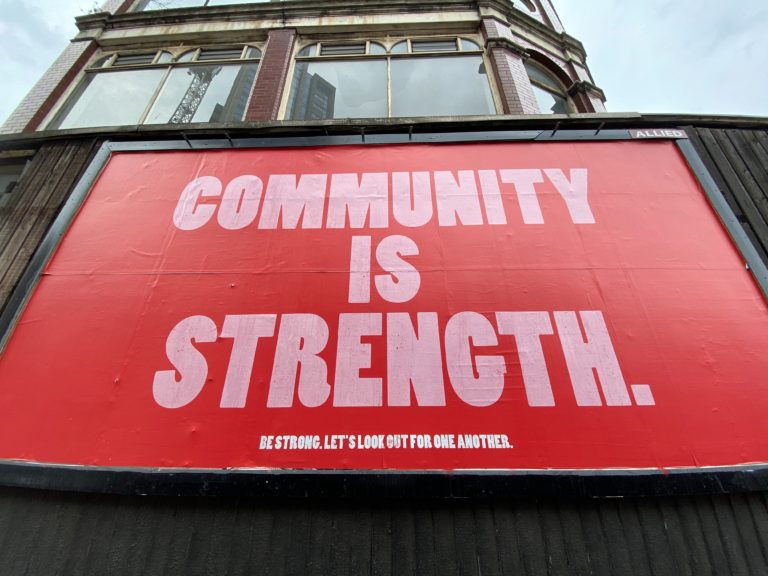The American economy is like a schizoid yo-yo: On the way up, when times are good and getting better, some say “Government regulation of industry slows down growth–it’s anti-capitalist.” But when times are tough and on the way down, it’s all “Government to the rescue—where’s my bail out?” And it isn’t just industry or businesses sharing this seemingly bi-polar economic belief system. Take this quote from a recent poll regarding whether the federal government is doing too little to deal with the health and economic repercussions of COVID-19:
“Gary Tidball, 52, a Republican from Overland Park, Kansas, has been relying on himself since he got his first job at age 16. But in recent days he has applied for unemployment benefits, Small Business Administration aid and a loan through the Paycheck Protection Program to help the security consulting firm he owns. ‘I haven’t ever taken a dime of assistance,’ he said. ‘Never in my life thought that I would have a need to do that, but I am glad that it was there.’”
Critics of welfare programs or supporters of making poor people pee in a cup before they can get food stamps are currently cashing their own stimulus checks, applying for the Paycheck Protection Program or lining up for small business loans, all without a single tinkle. People who declared they’d never vote for Bernie Sanders because he’s a “socialist” suddenly seem okay with a government handing out money right and left—as long as they get theirs. Has this health pandemic changed your opinion about “government handouts,” the way it apparently has for Mr. Tidball? And if our economy was so healthy and strong before this virus showed up, why has it taken only a few short months to bring it to its knees?
Pre-COVID-19, the free market was doing a lousy job of providing the average American with basic economy security, or a decent job at a decent wage. Instead, the wealth “gap” in America has become a wealth “canyon,” which will only get wider and deeper. With the concentration of wealth in the hands of a few, our economic destiny has long been on a crash course, and this virus has only helped to speed up the inevitable explosion. The truth is, without the purchasing power of America’s vast working and middle class, a vibrant and strong economy is simply not possible. There’s also a moral argument to be made for ensuring the basic economic security of all Americans. Look no further than the cashiers checking you out at the grocery store or the hospital worker cleaning the room of someone who just died from COVID-19. Think about the farm workers picking the lettuce that winds up in your salad tonight. All of these workers, and more, are currently putting their lives on the line to keep the rest of us safe, healthy and fed. Is that worth more than $12 an hour? Is the risk they’re taking to feed their own families worth paying them an actual living wage?
FDR once said that the “true conservative seeks to protect the system of private property and free enterprise by correcting the injustices and inequalities as arise from it. That the most serious threat to our institutions comes from those who refuse to face the need for change.” Another Roosevelt—Theodore this time— once said: “This country will not be a good place for any of us to live in unless we make it a good place for all of us to live in.”
Do we have the courage and the will to face the need for change, to rebuild our economy in a way that works for all of us, rather than just a few of us?
Photo by John Cameron on Unsplash


No comment yet, add your voice below!